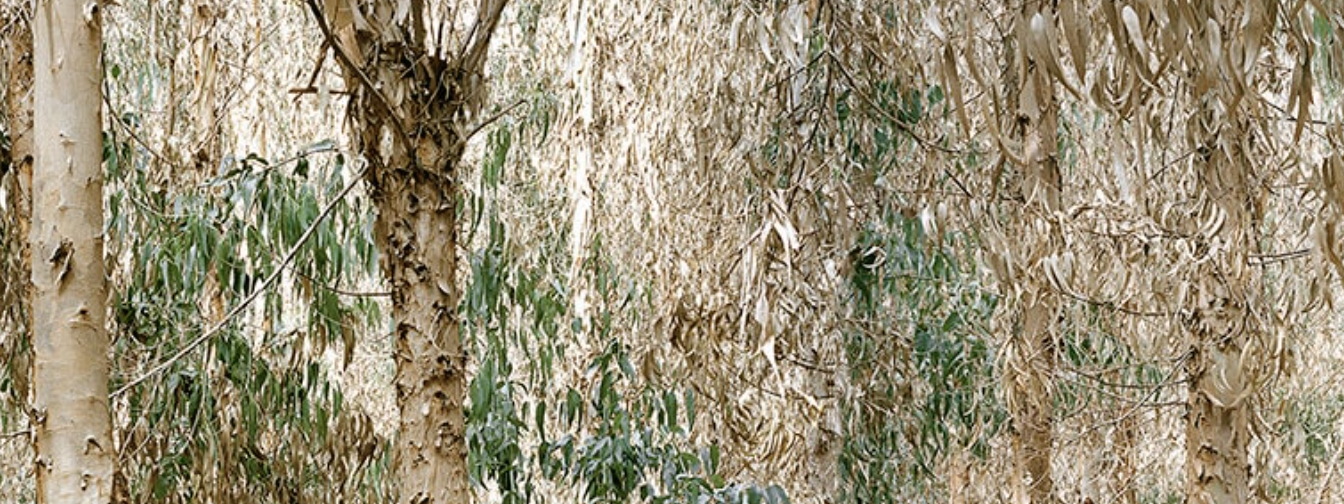Events
Violence, Aesthetics, Anthropocenes: Colonialism Racism Extractivism Workshop LSE London 6-7 April 2020
Violence, Aesthetics, Anthropocenes:
Colonialism, Racism, Extractivism
Workshop (6-7 April 2020), London School of Economics (LSE)
Convened and chaired by Dr Eray Çaylı, with Dr Christine Okoth, Dr Ignacio Acosta, Dr Helene Kazan, and Dr Manca Bajec as discussants.
Attendance as participant (on 7 April, open only to doctoral candidates): please apply by 16 March 2020; see the below call for proposals.
Attendance as audience (on both 6 and 7 April, open to all): no booking or tickets required but first-come-first-served.
Time & date: 6 April 2020 (6-8pm) & 7 April 2020 (9.30am-6.30pm)
Venue for both days: Sumeet Valrani lecture theatre, Centre Building (1st floor), LSE
“Humanity is facing extinction.” “When will we realise we’re all in the same boat?” Such sweeping statements continue to feature in mainstream approaches to what has been termed the Anthropocene. This indicates a persistent denial of the historical, social and geographical differentiations characterising both the effects of and responsibilities for climate change and ecological disasters. A growing body of scholarship critical of this denial has highlighted the role of colonialism and racism in issues now debated under the rubric of the Anthropocene, and the practice of extractivism that has been central to that role. This workshop builds on relevant critical scholarship by approaching climate change and ecological disasters as grounded in and productive of extractivist colonialism and racism but also seeks to contribute to it by way of a specific methodological focus on aesthetics. It does so by considering aesthetics not as indexing a set of formal features or notions of taste, but rather as a medium through which sensibilities and insensibilities are produced through materiality and distributed across geography and the bodies inhabiting that geography. Working from this materialist and relational understanding of aesthetics as both ethics and politics, we ask, what are the aesthetic practices that feature in mainstream approaches to the Anthropocene and critical responses to it? How have these practices approached the role of extractivist colonialism and racism in climate change and ecological disasters? What are the various aesthetic registers and modes in which they have approached this role and how might these approaches be reproducing or contesting the Anthropocene’s extractivist colonialism and racism? What materially grounded notions of “humanity” and its variously prefixed cognates shape and are shaped by such approaches?
The workshop opens with a panel/roundtable on 6 April (6-8pm) where the four contributors, alongside the convenor, will discuss the questions raised above through their own work. Workshop sessions will then run throughout the following day, 7 April (9.30am-6.30pm), where the previous evening’s panellists will debate the work of doctoral candidates. We therefore invite proposals from any doctoral candidates exploring the above-mentioned questions through a focus on aesthetics-as-politics-and-ethics and across the fields of art, literature, geography, anthropology, architecture, urbanism, archaeology, international relations, political science, sociology, and other related ones. Possible empirical foci include but are not limited to the following: mega infrastructures, mapping, heritage, satellite imagery, surveillance, photography, spacecraft technologies, speculative development and the construction sector, gentrification, mining, eco-activism and protest, storytelling, writing, migration and displacement. Alongside the questions and topics raised above, we suggest the following verbs as thematic prompts through which to organise proposals into sessions: mediating, resisting, (ex)posing, and projecting. While proposals do not necessarily have to be framed in these strict terms, it would be useful if each submission indicated which of the theme(s) might pertain to it more directly than others.
Please email your title and 350-word proposal to e.cayli@lse.ac.uk by the deadline of 16 March 2020.
A list of recommended pre-workshop readings is accessible via this link.
Header image: Forest of eucalyptus trees planted to absorb contaminated water from Los Pelambres mine, Los Vilos commune, Chile, 2012 (courtesy of the artist Ignacio Acosta).
Funded by the London Arts and Humanities Partnership (LAHP).
